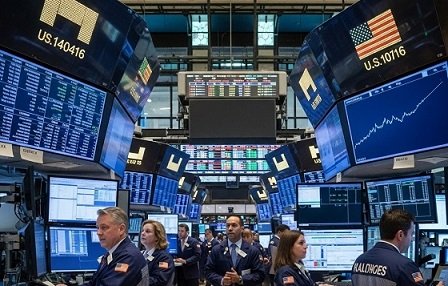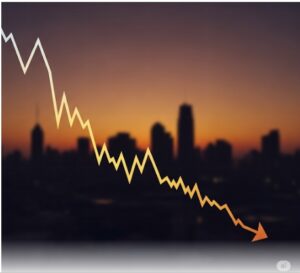
Last Updated on June 25, 2025 1:45 am by BIZNAMA NEWS
BIZNAMA DESK June 25 12:32 IST
Global equity markets extended their rally on Wednesday after Iran and Israel agreed to a ceasefire, ending more than a week of escalating hostilities that had rattled investors worldwide. The easing of geopolitical tensions brought a wave of optimism to financial markets, with most Asian indices closing higher and the dollar struggling to regain ground amid growing expectations of a U.S. interest rate cut.
The ceasefire agreement, which followed intense international pressure and backchannel diplomacy, brought temporary relief to global markets that had been shaken by fears of a prolonged conflict in West Asia. The announcement sparked a surge in equities and a sharp drop in oil prices on Tuesday, as traders shifted their focus back to monetary policy and economic fundamentals.
On Wednesday, the positive momentum continued. Major stock markets in Asia posted gains, led by Hong Kong, Shanghai, Sydney, and Singapore. While Tokyo dipped slightly, sentiment remained broadly upbeat across the region. European bourses also opened higher, mirroring the trend in Asia.
Despite the market rally, oil prices reversed their steep decline and edged up more than 1 percent during the session. Analysts attributed the rebound to investor caution, with many wary that the ceasefire between Iran and Israel could prove fragile. “Markets are pricing in a temporary truce, but the risk of renewed conflict remains,” said an energy analyst based in Singapore.
Brent crude and WTI futures had plunged earlier in the week—down as much as 16 percent from Monday’s peak—after the U.S. bombing of Iranian facilities spurred fears of wider regional disruption. However, with the ceasefire in place and no immediate retaliation from either side, some stability returned to the energy markets.
Meanwhile, the U.S. dollar remained under pressure, following a sharp drop on Tuesday as traders ramped up bets that the Federal Reserve could cut interest rates in the coming months. Softer U.S. economic data and receding geopolitical risks have bolstered expectations that the Fed may shift to a more accommodative stance.
As markets adjust to the new geopolitical landscape, investors are closely watching for developments in West Asia and signals from central banks. While the ceasefire has provided a temporary reprieve, volatility could return if tensions flare up again.







